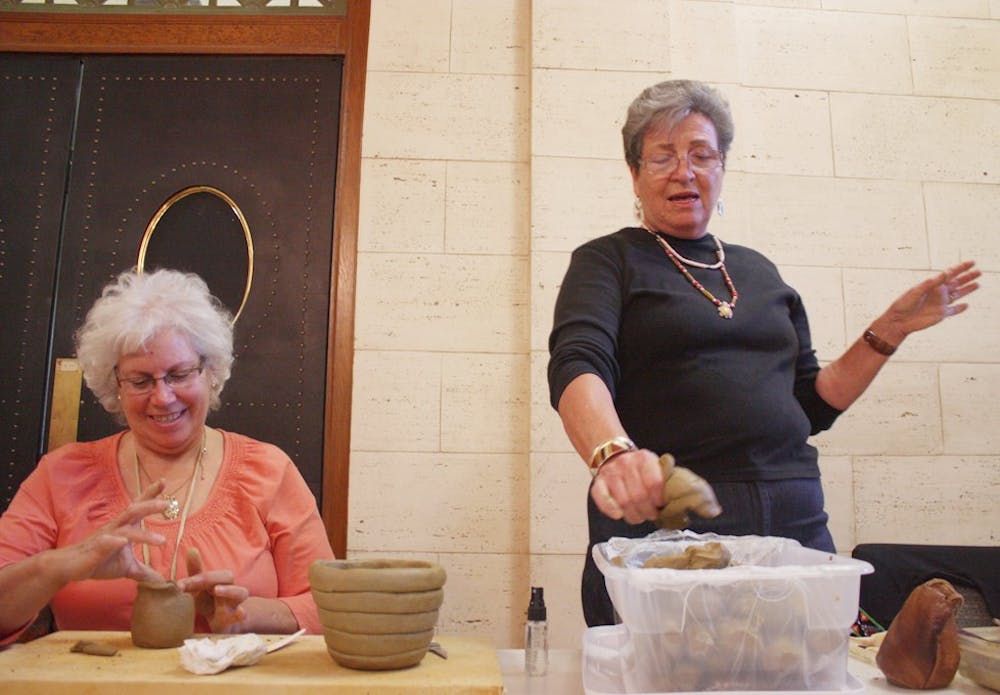They want to hold on to their culture.
In a panel discussion Wednesday night, experts in North Carolina American Indian culture voiced the need for federal recognition for these tribes in order to keep their histories alive.
North Carolina is home to the largest number of American Indian communities east of the Mississippi River, but many do not receive the same federal recognition and benefits that other minority groups do.
The panel, led by Clara Kidwell, director of the University’s American Indian Center, included commentary from those who work with the American Indian community. It is part of the center’s American Indian Heritage Month activities.
Theda Perdue, a history professor, said the American Indian Center not only increases the intellectual capacity on campus but also serves as a liaison between natives and the University.
“We have an obligation to the native and non-native people of the state to make sure that native people and their experiences are part of UNC,” she said.
Greg Richardson, executive director of the N.C. Commission on Indian Affairs, said he believes one issue facing native tribes, such as the Lumbee Tribe, is the lack of federal recognition that keeps them from acquiring resources to address the needs of the community.
Edward Brooks, legal counsel to and member of the Lumbee Tribe, said he has been working to pass a bill granting federal recognition to the tribe.
“Because the Lumbee do not have a reservation and are not federally recognized, we have had to assimilate to stay in North Carolina and have lost part of our identity,” Brooks said.



